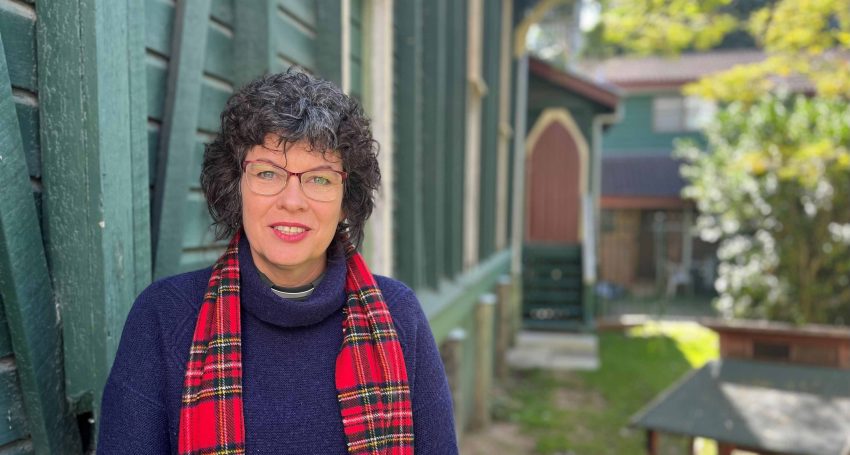How do you discern what is good?
Reflections
“We are transformed by our empathetic engagement with perspectives that are different to our own. And, we find our goodness in every moment of compassion and loving kindness that emerges in the space between us as we share our lives together,” says The Rev’d Sue Grimmett

As we move through these days after Pentecost, which we consider to be “ordinary time”, there is the invitation to pay attention to the sacredness of each present moment, and the work of the Spirit in the daily encounters that make up our lives. It is an invitation to recognise and cultivate an “everyday” goodness.
As we hear the stories of the ministry of Jesus and read the epistles, we reflect as worshipping communities on what scripture calls us to be and become in our life together. The goodness for which we are created is a call on our lives, but it is a call not always in evidence as we interact with one another. The disappointment felt when people behave in ways that are demonstrably not good can, however, be perceived as an encouraging witness to the deep knowing we share that we are made for something better. Scripture in this season provides stories and teachings that draw us into an understanding of the world that is at its heart, relational. As Archbishop Desmond Tutu has said, “God’s dream is that you and I and all of us will realise that we are family, that we are made for togetherness, for goodness, and for compassion.”
Advertisement
Goodness is conceived and enacted relationally. One very powerful story that illustrates this is found in the 2006 German film, The Lives of Others. Set in East Germany not long before the fall of the Berlin Wall, it tells the story of Gerd Wiesler, an officer with the Stasi, the secret police. Wiesler lives alone, but appears to undertake his surveillance and interrogation work with zeal and rigid conformity to the regime. When his spying involves him listening in to the lives of a playwright and actress, he finds himself becoming unexpectedly sympathetic. As Wiesler tunes into the lives and love of this couple, he begins taking risks to protect them from his own officers, thereby putting himself in danger. Courage and empathy grow in him as he appreciates beauty and nobility in what he witnesses, while growing in understanding of those he previously persecuted.
Our humanity is only revealed as we draw nearer in relation to one another. The story of the Stasi officer in the film relates how one man reclaims his humanity when he allows the truth of two people to touch his heart. The juxtaposition of coercive and invasive political power being unravelled by individual compassion is compelling.
Goodness is astonishingly particular, appearing in particular ways in the context of all our interactions and in the way we tend to our relationships. It takes the presence of another to break open our heart to see and feel something in a new way. We are transformed by our empathetic engagement with perspectives that are different to our own. And, we find our goodness in every moment of compassion and loving kindness that emerges in the space between us as we share our lives together.
As we read through the stories of Jesus’ ministry in this “Ordinary Time” of the Church, we may be reminded to attend closely to the goodness we are called to in each and every relationship, each and every day. It is a time to hear afresh the invitation to join the Spirit as co-creators of the kingdom on earth, recognising what is sacred and beautiful in the lives of others whom we are privileged to encounter.






